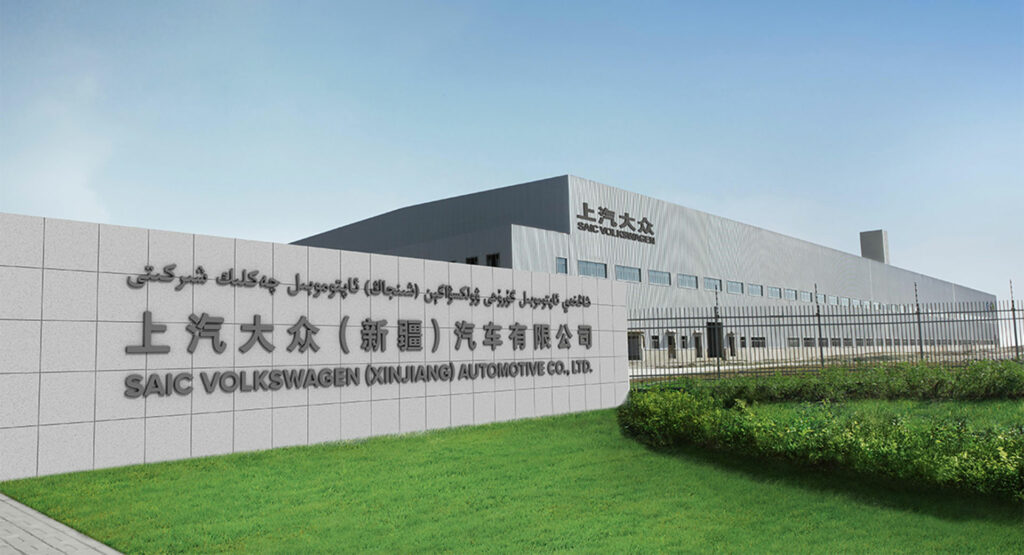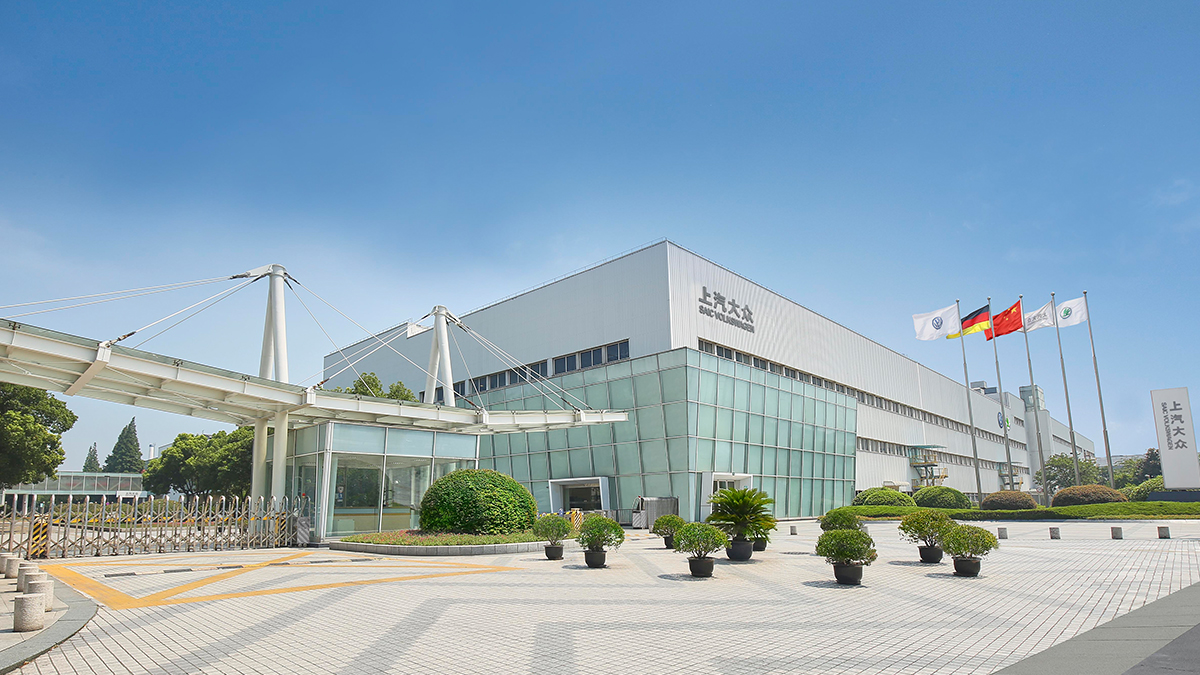The Volkswagen Group has been accused of engaging in human rights violations in the Chinese province of Xinjiang where the company has a large factory.
A panel of United Nations experts and human rights groups has raised concerns about coercive labor practices in regards to VW suppliers and operations in the region. VW operates a plant with SAIC in Xinjiang. The car manufacturer has repeatedly denied claims of forced labor and stated that its policies form part of an effort to reduce unemployment and poverty in Xinjiang.
Speaking with Braunschweiger Zeitung, VW supervisory board members Joerg Hofmann and Stephan Weil, who represents Germany’s Lower Saxony region, said Volkswagen needs to examine the claims.
Read Also: The VW Lamando L Is An MQB Evo-Based Liftgate For China
“We have to concretely weigh the facts and on this basis answer the question if a termination of the activity there would be the right thing,” Hofmann said.
VW Group chief executive Herbert Diess told 60 Minutes in April that he is “absolutely sure” there is no forced labor practices at the Xinjiang plant and said locals “are much better off” with the company operating in the region.
Pressure is also mounting from Germany. The government recently declined VW’s move to renew risk insurance for its Chinese operations, citing human rights concerns, Auto News reports. In May, German Chancellor Olaf Scholz called out alleged abuse of ethnic Uyghurs in Xinjiang. He called on companies to diversify their supply chains and export markets.
In a statement, VW spokesman Nicolai Laude said the automaker is “firmly opposed to forced labor.”
“In our worldwide business activities, we ensure that our values are lived and our standards are upheld,” Laude stated. “We expect the same from our local business partners.”
While speaking on the matter last month, Diess said the plant was having a positive impact on locals.
“I believe that the presence of SAIC Volkswagen leads to the situation improving for people,” he said. “We travel there, and like everywhere in the world we ensure our labor standards are implemented, and that cultural and religious differences are respected.”









